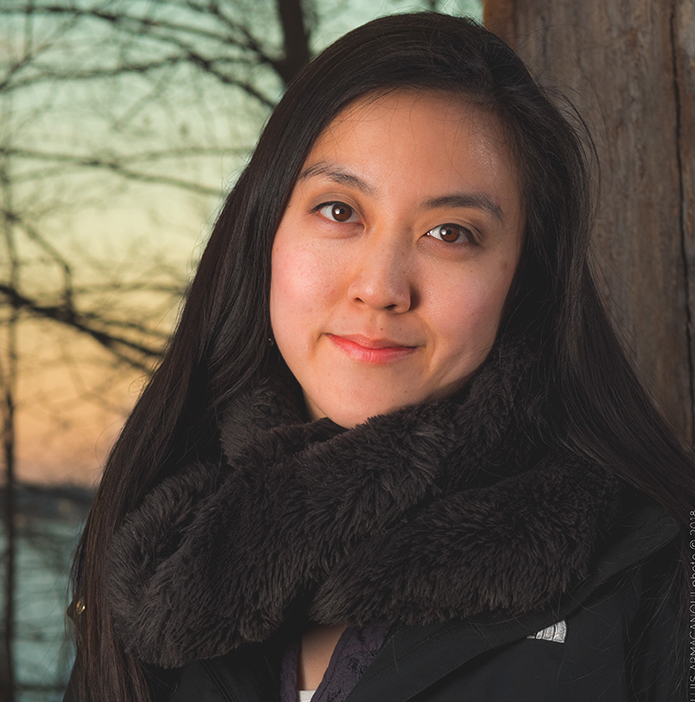Annika Fuernsinn (Queen's University)
Date
Monday November 13, 202311:00 am - 12:00 pm
Location
Jeffery Hall, Room 319Dynamics, Geometry and Groups Seminar
Monday, November 13th, 2023
Time: 11:00 a.m. Place: Jeffery Hall, Room 319
Speaker: Annika Fuernsinn (Queen's University)
Title: Towards Model Predictive Control
Abstract: In this talk, I provide some insights into my research for non-control mathematicians. We start with dynamical systems, but then enter into the control world and try to solve an infinite-horizon optimal control problem. As it turns out, this is quite a difficult problem and we can instead approximate the solution by considering the framework of Model Predictive Control (MPC). In the remaining talk we will discuss some shortcomings of MPC and try to provide resolutions. The idea is to introduce some flexibility into the standard MPC scheme, from which we deduce the novel flexible-step MPC scheme.

